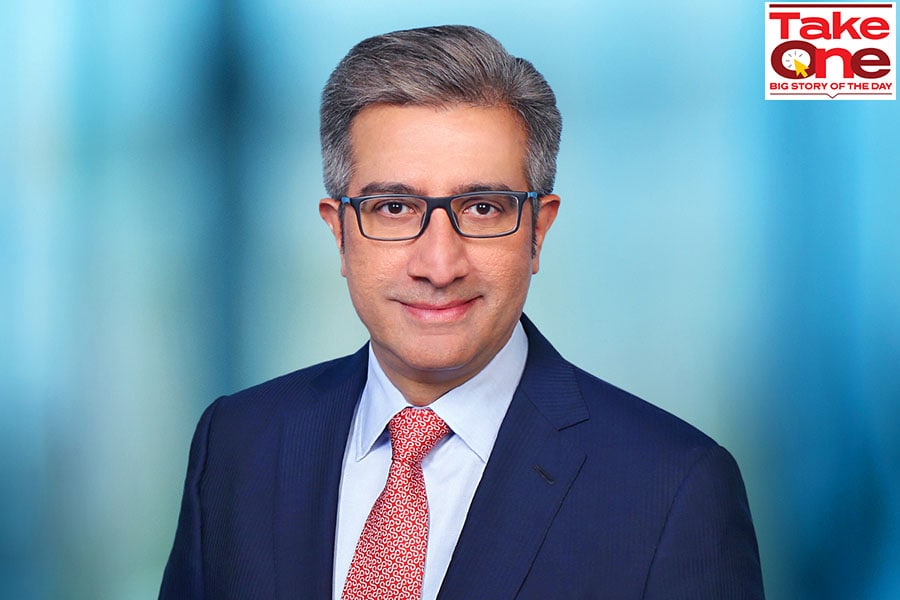
Equity markets may stay difficult around the world: Manraj Sekhon
With widespread growing interest from investors, Manraj Sekhon, the chief investment officer of Templeton Global Investment, feels India will continue to be a good place for funds due to its resilient growth
 Manraj Sekhon, chief investment officer, Templeton Global Investment
Manraj Sekhon, chief investment officer, Templeton Global Investment
As equities are combating stiff competition from fixed income returns, navigating through choppy and uncertain waters has been getting difficult in the last few months. However, Manraj Sekhon, chief investment officer, Templeton Global Investment, thinks complexities will continue to increase due to the gradual rebalancing of global power.
Sekhon adds that investors will pay a premium for growth as they are looking for sources of growth in the emerging world, excluding China, which is resilient but also less correlated and that's where India comes in.
He explains that China is no longer in favour among investors as views on emerging markets are going through a shift following Covid and geopolitical tensions between the US and China. Sekhon is optimistic that India will continue to be a destination for funds. “So far India has been very resilient and India has demonstrated very strong growth. We like India. We think there are some very interesting bottom-up opportunities in India across a whole range of sectors, large caps, small caps, consumer financial services, technology, industrials, that breadth of opportunity is quite unusual. We like India in that respect,” he adds.
Edited excerpts from an interview:
Q: Take us through the investment environment right now, in the context that there is a spike in US bond yields and equities, especially in India, we are looking at a crisis in West Asia with the Israel and Palestine war, which typically creates a lot of uncertainties.







